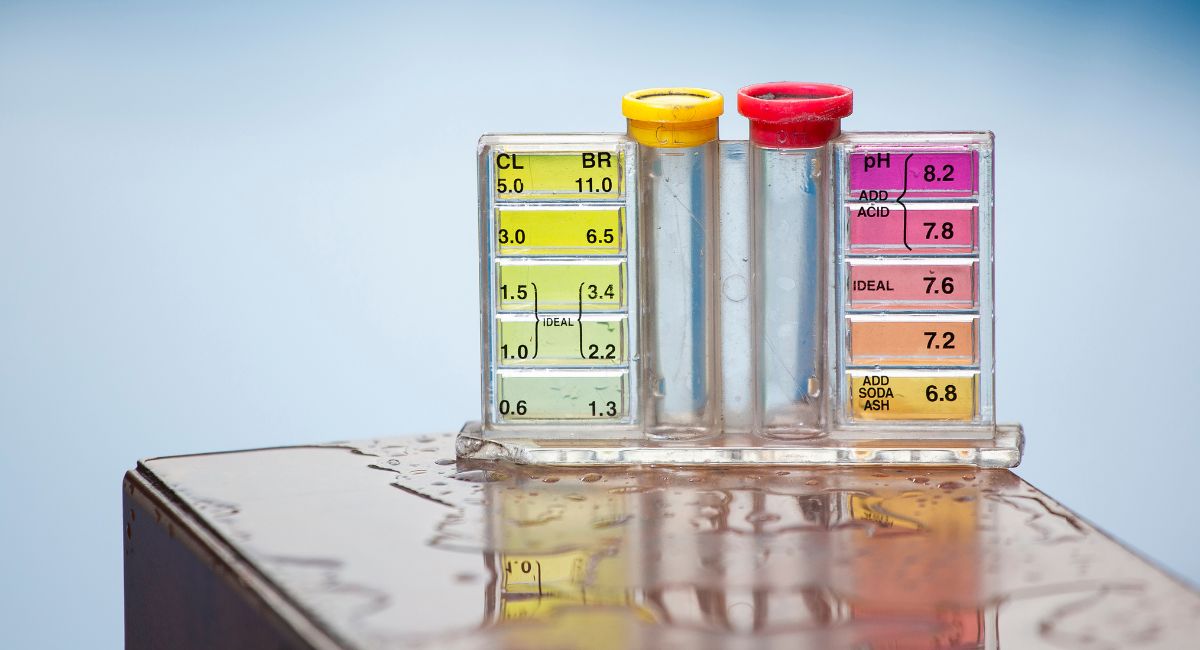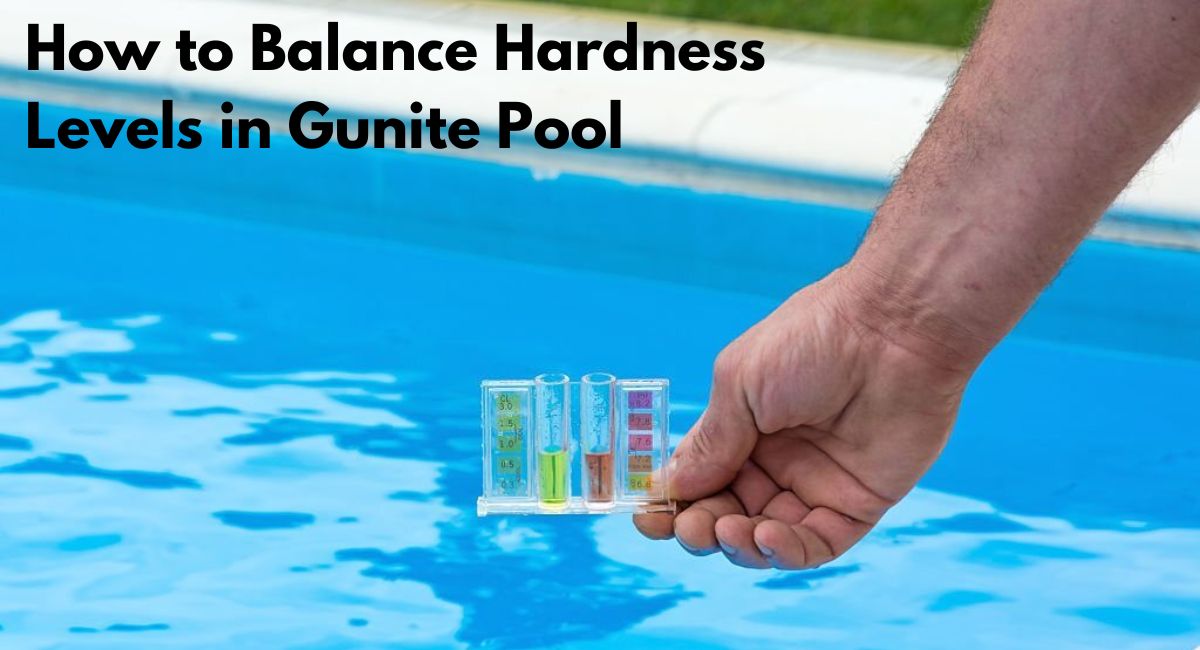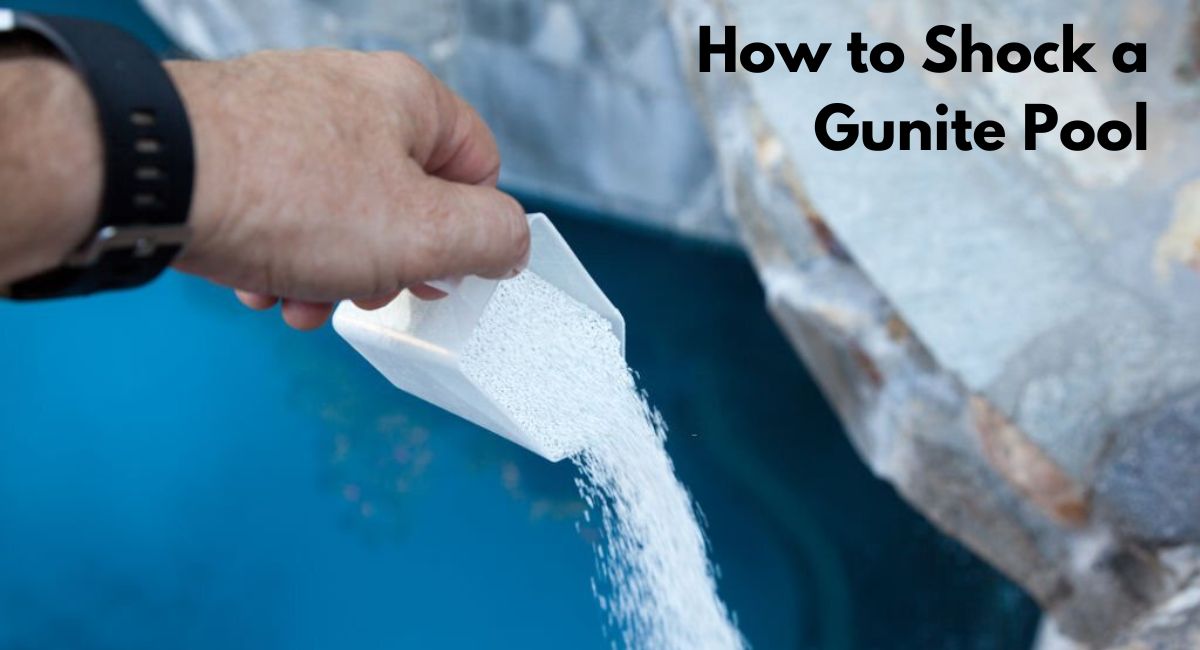When it comes to gunite pools, safety is essential. We want to make sure everyone stays protected, right? That's why I'm here to share some important safety measures with you.
I'll cover everything from common hazards to the must-have equipment. Let's get straight to the point and make sure your gunite pool is safe and sound.
Together, we'll ensure everyone can swim with peace of mind.
Key Takeaways
- Adhering to gunite pool safety regulations creates a secure environment and minimizes the risk of accidents.
- Common hazards in gunite pools include uneven surfaces, slippery areas, inadequate fencing, and improper chemical storage.
- Essential safety equipment for gunite pools includes safety covers, pool alarms, pool fences, life rings, and first aid kits.
- Best practices for gunite pool maintenance include regular cleaning, balancing water chemistry, addressing pool leaks promptly, and following proper maintenance procedures.
Importance of Gunite Pool Safety
I will discuss the importance of gunite pool safety.
Gunite pool safety regulations are essential to prevent accidents in gunite pools. These regulations aim to ensure the safety of individuals using gunite pools and help minimize the risk of injuries or even fatalities.
By adhering to these regulations, pool owners can create a secure environment for their family and guests. Preventing accidents in gunite pools involves implementing safety measures such as installing fences or barriers around the pool area, using pool covers when the pool isn't in use, and having proper signage to indicate potential hazards.
Additionally, regular maintenance and inspections of the pool's equipment and structure are crucial to identifying and addressing any issues that could compromise safety.
Prioritizing gunite pool safety is vital for a worry-free and enjoyable swimming experience.
Common Hazards in Gunite Pools
Identifying potential hazards is crucial in ensuring the safety of individuals using gunite pools. Common hazards in gunite pool maintenance can lead to potential injuries if not properly addressed. These hazards include uneven surfaces, slippery areas, inadequate fencing, and improper chemical storage.
To provide a visual representation of these hazards, let's take a look at the following table:
| Hazard | Potential Injury |
|---|---|
| Uneven surfaces | Trips, falls, and sprains |
| Slippery areas | Slips and falls |
| Inadequate fencing | Drowning incidents |
| Improper chemical storage | Chemical burns and respiratory issues |
It is important to address these hazards to create a safe environment for everyone. Regular inspection and maintenance, along with proper safety measures, can significantly reduce the risk of accidents in gunite pools. By staying vigilant and taking necessary precautions, we can enjoy the liberating experience of swimming in a gunite pool without compromising our safety.
Essential Safety Equipment for Gunite Pools
To ensure the safety of individuals using gunite pools, it's essential to have the proper safety equipment in place.
Gunite pool equipment includes items that are designed to prevent accidents and injuries. One of the most important pieces of equipment is a safety cover. This cover is placed over the pool when it isn't in use, preventing anyone from accidentally falling into the water.
Another crucial item is a pool alarm, which alerts you if someone enters the pool area. Additionally, having a pool fence is highly recommended. This fence should be at least four feet high and have a self-latching gate to keep unauthorized individuals out.
Other safety precautions include having a life ring and a first aid kit readily available.
Best Practices for Gunite Pool Maintenance
When it comes to maintaining a gunite pool, it's important to follow best practices for regular cleaning and upkeep. Here are three essential gunite pool maintenance tips to keep your pool in top condition:
- Regularly clean the pool: Use a pool vacuum or a pool brush to remove debris and algae from the walls and floor of the pool. Additionally, skim the surface of the water to remove leaves and other floating debris.
- Balance the water chemistry: Test the pool water regularly and adjust the pH and chlorine levels as needed. This will help prevent the growth of algae and bacteria, ensuring a safe and clean swimming environment.
- Prevent pool leaks: Inspect the pool for any signs of leaks, such as cracks in the gunite or a dropping water level. Address any leaks promptly to prevent further damage and costly repairs.
Ensuring Child Safety in Gunite Pools
As a pool owner, my top priority is the safety of children in and around my gunite pool, so I take several measures to ensure their well-being.
Childproofing techniques are essential in preventing accidents. I've installed a secure fence around the pool area, with a self-latching gate that's out of a child's reach. Additionally, I use pool covers or safety nets when the pool isn't in use to prevent any accidental falls.
Pool supervision is also crucial. I make sure to always have an adult present when children are swimming, and I actively supervise them at all times. I never leave children unattended, even for a moment.
Frequently Asked Questions
Can You Swim in a Gunite Pool During the Construction Process?
During the construction process of a gunite pool, there may be swimming restrictions for safety reasons. Precautions should be taken when swimming in gunite pools under construction to avoid any potential hazards.
How Often Should I Check the Water Chemistry in My Gunite Pool?
I check my gunite pool's water chemistry regularly to maintain proper balance. It's important to test it regularly to ensure the water is safe and clean for swimming.
Are There Any Regulations or Codes That Need to Be Followed When Building a Gunite Pool?
There are regulations and codes that must be followed when building a gunite pool. These regulations ensure the safety of the pool construction and include measures to prevent accidents and injuries.
Is It Safe to Use Automatic Pool Cleaning Systems in a Gunite Pool?
Yes, it's safe to use automatic pool cleaning systems in a gunite pool. The gunite pool construction process ensures durability and strength, making it suitable for various pool accessories like automatic cleaners.
What Are Some Common Signs of Wear and Tear to Look Out for in a Gunite Pool?
In a gunite pool, signs of deterioration can include cracks, chipping, and discoloration. Regular maintenance, such as checking for leaks, keeping the water balanced, and inspecting the pool surface, can help prevent further damage.


